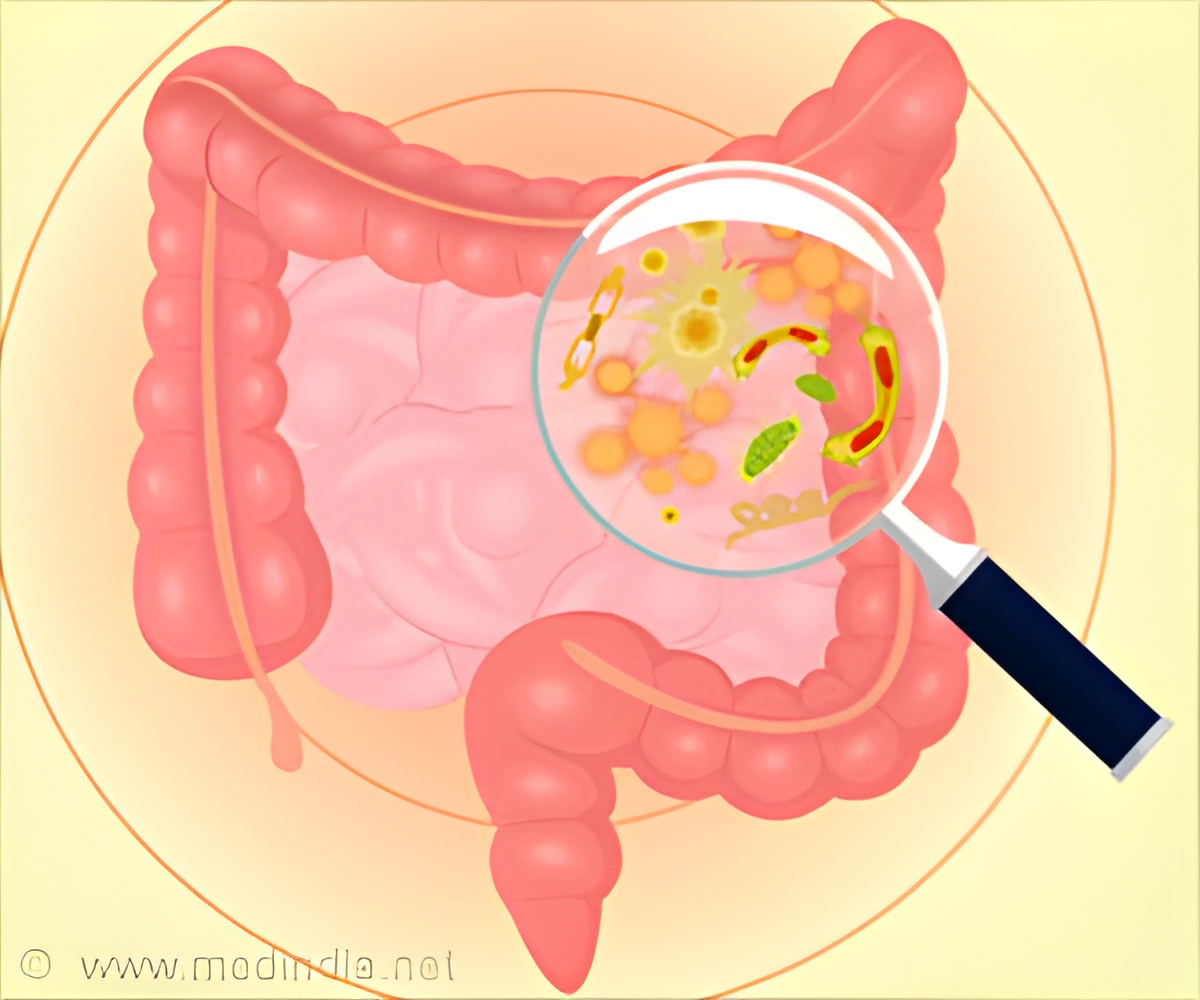
‘Along with nutritional therapy, microbial interventions using selected bacterial strains may represent a novel and complementary strategy to buffer the adverse effects of chronic undernutrition.’
Tweet it Now
Fecal samples from the children provided gut microbes that were transplanted into lab mice. Some mice got the microbes of malnourished children, while others received transplants from healthy children.
The goal of the experiment was to see how different microbes might affect the growth of five-week-old rodents fed a diet similar to that of undernourished children in Malawi -- including ground up corn, pumpkin, tomatoes, bananas, mustard greens, kidney beans and peanuts.
This diet's nutrient content "does not fulfill the needs of humans or mice," noted the first study, led by Laura Blanton of the Washington University School of Medicine.
Over the course of five weeks, "mice colonized with microbiota from healthy donors gained significantly more weight and lean body mass than mice colonized with microbiota from undernourished donors," the study said.
Advertisement
The findings suggest that gut microbes are not only affected by a person's diet, they can also play a role in causing how a person's body reacts to a given diet.
Advertisement
With lab mice, simply putting the two groups of animals in the same area helped the healthy bacteria transfer from one mouse to another and restored normal growth, the researchers found.
A second study in the journal Science, led by Martin Schwarzer of the University of Lyon, France, identified a specific pair of bacterial strains that encouraged the activity of growth hormones in young, malnourished mice.
These microbes -- Ruminococcus gnavus and Clostridium symbiosum -- alone fixed the hormonal mechanisms that can be impaired by malnutrition and lead to stunted growth.
"We envision that, together with nutritional therapy, microbial interventions using selected bacterial strains may represent a novel and complementary strategy to buffer the adverse effects of chronic undernutrition on human postnatal growth," said the study.
Source-AFP












